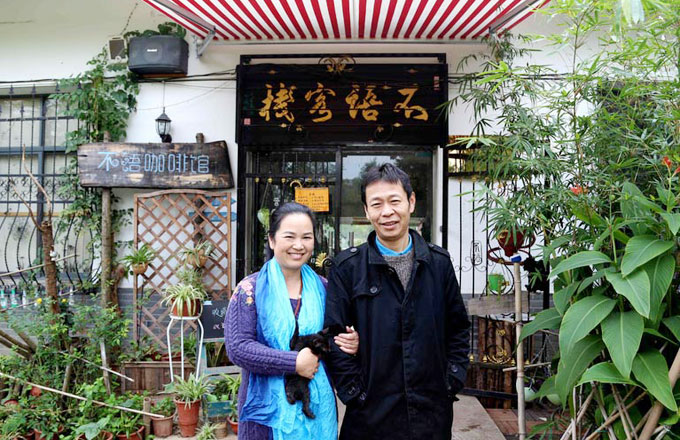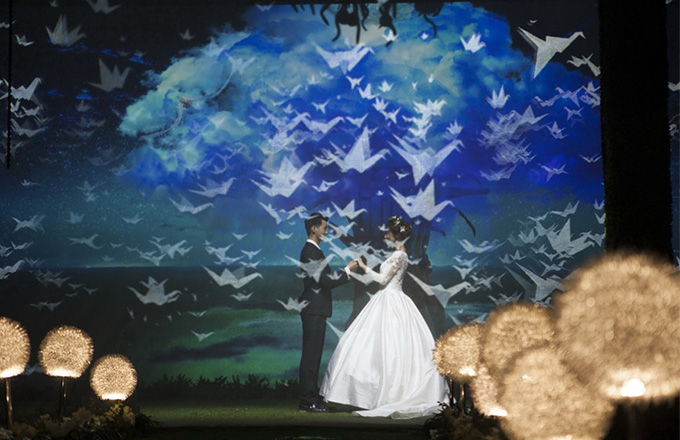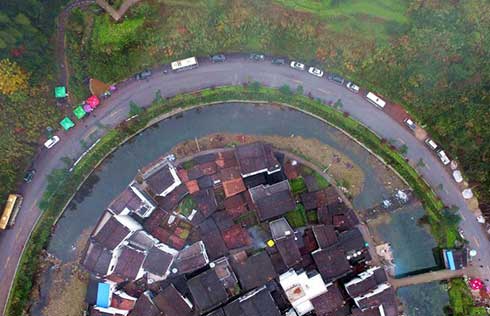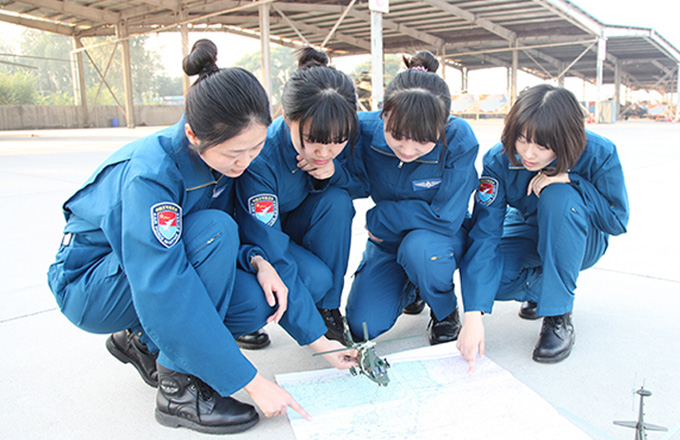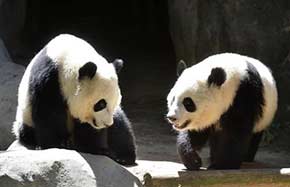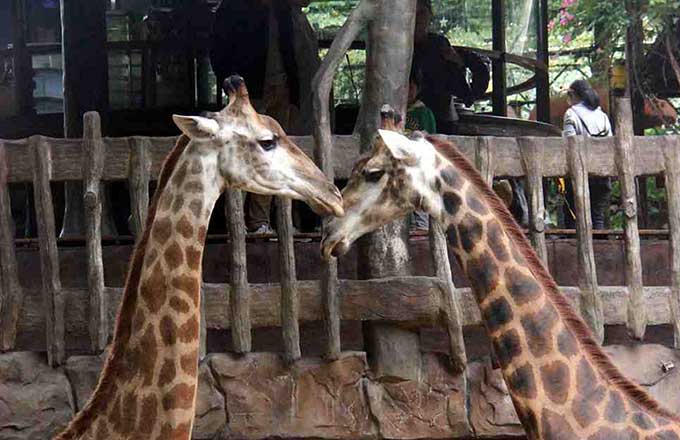Young Spanish scientist has a career 'made in China'
 |
|
Mario Lanza reads a book at a library of Peking University. For China Daily |
"Made in China" is a label Mario Lanza is happy to wear.
The scientific researcher from Spain came to Peking University as a final-year PhD student three years ago. Today he is a scientist thankful to the country he has made his home.
"I'm a made-in-China scientist because many of the things that I learned, I learned here," he said.
Lanza, 30, earned a degree in electronic engineering in 2006 and a PhD in electronics in 2010 at the Autonomous University of Barcelona.
Fluent in Spanish, Catalan, English, German - and now Mandarin - he worked at the University of Applied Sciences in Deggendorf, Germany, and at the University of Manchester in England before heading to Stanford University in the US, where he combined research with teaching computer science, telecommunications and electronic engineering.
In 2009 he made his move to China on a 400-euro monthly stipend despite offers of better-paid scholarships elsewhere.
"At that time, everyone was talking about China, saying it would become an economic leader in a few years, so I thought maybe it was the time to come."
The China he saw on arrival was quite different to what he had expected - including excellent laboratory equipment, sometimes better than in prestigious Western universities.
"In my case, the best laboratory for my experiments and funding was at Peking University. It was better than in England or the US."
In China many funding opportunities are channeled to the most promising researchers, not just the most senior, he said.
"At my university in China, all researchers have equal opportunities to apply for funding. Whether they can get it relies on the potential of the program, not the seniority of the researcher."
Lanza also appreciates the freedom and encouragement he receives.
"In my own country often I cannot suggest to the professor what new research we should conduct - I just need to hear his advice. Here many times my professor has asked me what I want to do now. I feel much freer to do what I want, at least in the group I work with."
He found the language barrier and cultural differences a problem when he first arrived, but has learned to deal with them by learning to speak Mandarin and adapting to his new work environment.
He has also learned the importance of guanxi - or relationships.
"If you want to do something and make something work, you have to meet and talk to the right person.
"In my own country, the researchers usually only know the people their professor knows, or people in the same group. Here I have the possibility to meet more people, including some of the most brilliant scientists in the world."
Last July Lanza received a grant from the National Natural Science Foundation that gives him the funds to develop competitive research.
In 2011 he received an award from the Research Fund for International Young Scientists. He is also the principal researcher on three projects at the National Science Foundation of China, and with other prestigious organizations such as the Alexander von Humboldt Foundation.
Since July 2011 he has published four research papers, participated in three conferences, developed one patent and supervised the work of Chinese and foreign students.
"Working in China we normally finish our projects with more passion than we would back home," he says.
"For example, we cooperate with colleagues, but here I also have the possibility to talk to people from other institutes by myself. This is something I wouldn't do in my home country."
Duan Huiling, Lanza's professor, is impressed with his attitude.
"He is creative, effective and passionate in his scientific research," she says.
"He always comes to talk to me about his new ideas and research results. He's also well-disciplined."
Lu Pengyu, who works in the same laboratory, says Lanza is passionate about work and life generally. "Sometimes Chinese students can be very introverted or conventional, but he always encourages us to try new things."
Moreover, because of differences in culture and modes of thinking, Lanza provides them with some refreshing ideas, Lu says.
Lanza's plan is to have a permanent position at a Chinese university and have his own research group. But competition is fierce, mostly from Chinese students who studied overseas.
"Now China is giving money to attract foreigners to come here. China wants to attract talent from abroad, so this is now a very good environment for us to come and stay."
Within two years he intends to apply for the One Thousand Foreign Experts Project, which the Chinese government launched last year.
In the project, 500 to 1,000 high-end non-Chinese professionals are invited to work in China, to promote innovation and scientific research.
For Lanza, this is the next step and something he is working hard to achieve.
"I'm not here for leisure, I'm here for work."
chenyingqun@chinadaily.com.cn
- 'Served by China' targets 'Made in China'
- 'Made in China' for London Olympics
- It's made in China for Team USA
- 'Made in China' gains acceptance
- Infiniti to be made in China from 2014
- Prejudice cannot stop popularity of 'Made in China'
- How the Olympic spirit made China a better place
- Made in China has a royal ring to it
- 'Made with China' ad on BBC boosts products' image



